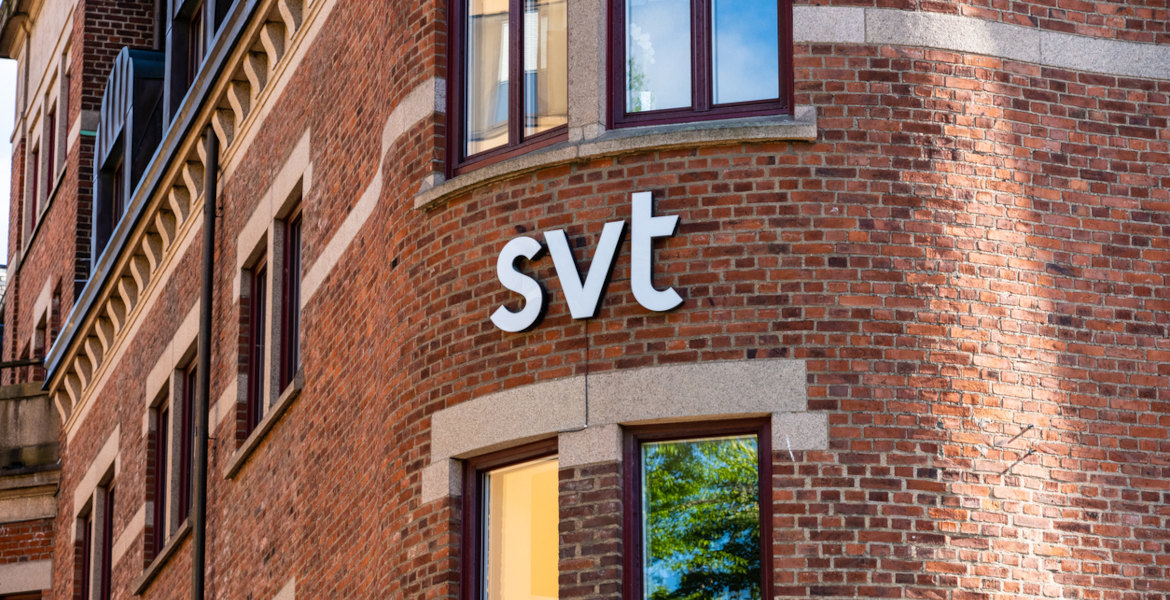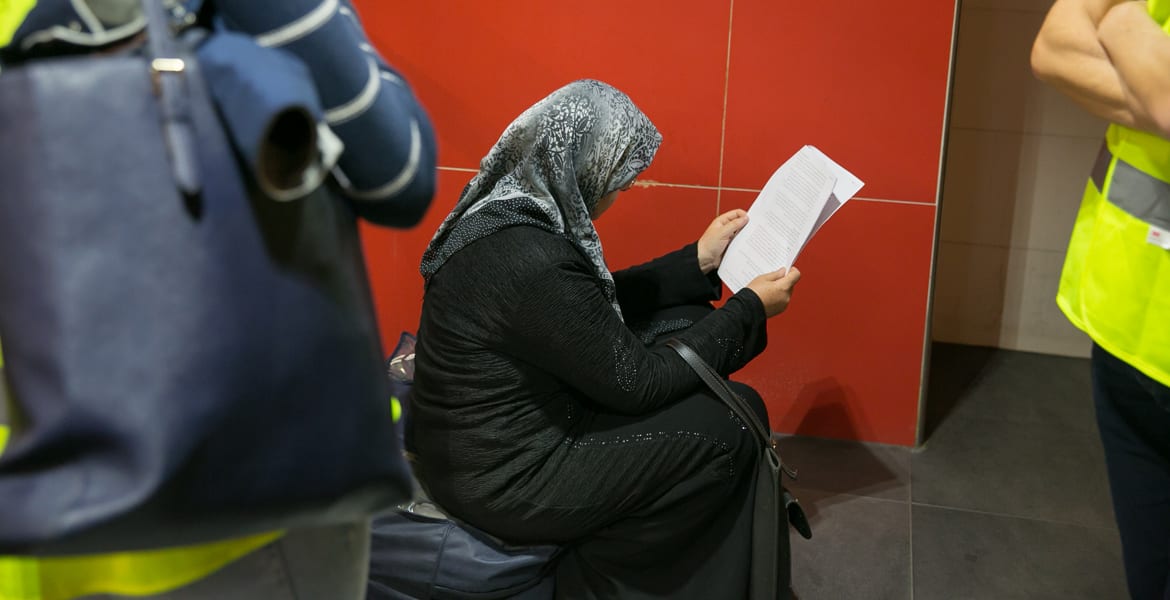Attitudes towards meat are beginning to change among Swedes, according to two separate surveys. Nine out of ten Swedes eat meat, and among young Swedes interested in food, animal products are considered to be "on the rise".
In recent years, meat has been seen as an unsustainable product when it comes to the climate, and many have also advocated veganism as a good choice for both health and the environment. This view is now starting to change, according to two different opinion polls.
In the Youth Barometer (Ungdomsbarometern), which surveyed young people aged 15-24, 54% disagreed with the statement that a vegetarian diet is healthier than an animal-based diet. This is an increase of 11% since 2021. The report also notes that "vegetarianism has become mainstream" and that "animal products are on the rise" when it comes to young people's food interests and identities. The so-called "carnivore diet", which focuses on eating food from animals, is also predicted to increase among young people.
About nine out of ten Swedes eat meat, according to a Novus survey commissioned by Swedish Meat. Thirty per cent believe that meat has a positive effect on their health, while nine per cent believe it has a negative effect.
– A lot has happened in recent years to make people see meat as a healthy food, and this is a clear trend in society. Meat is no longer shameful, Isabel Moretti, CEO of Swedish Meat, tells Swedish food industry magazine Livsmedel i Fokus.
Vegans become carnivores
For example, former vegan advocate Rachel Bråthén, known as the Yoga Girl, announced that she had started eating meat again after several years as a vegan. When she announced her decision to her two million followers, she was met with death threats and hatred. Other so-called influencers have also started eating meat again.
– Several vegan influencers are coming out as carnivores, citing their health as the reason for their conversion, says Moretti.
The Youth Barometer survey included 15,008 interviews, including 3,134 interviews in the report Food and Meals (Mat och Måltider), which was conducted between 5 October and 23 November 2023. In the Novus survey, 1,012 interviews were conducted between 8 and 16 January with people aged 18 to 84.




